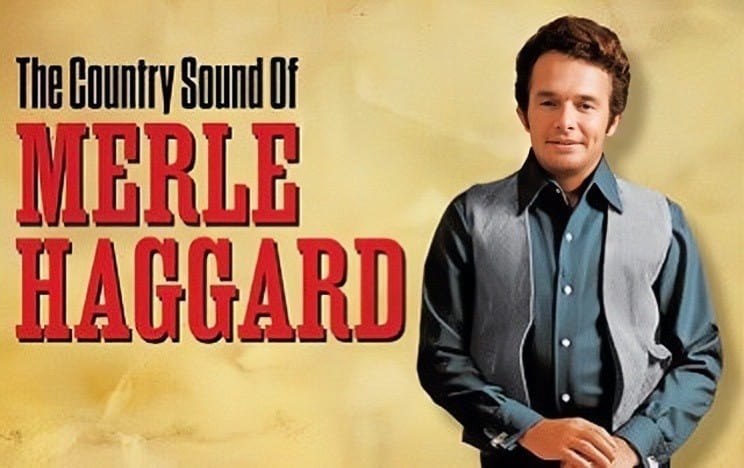
About the song
Released in 1982 on his album Big City, Merle Haggard’s “Are the Good Times Really Over (I Wish a Buck Was Still Silver)” struck a chord with a significant portion of the American public. Haggard, a lion of country music known for his outspoken lyrics and blue-collar storytelling, crafted a song that captured a sense of unease and longing for a bygone era.
Composed by Haggard himself, the song is a poignant ballad that ponders a perceived cultural and economic decline in the United States. The central question, posed in the title itself, “Are the Good Times Really Over”, hangs heavy throughout the lyrics. Haggard reflects on a romanticized past, referencing cultural touchstones like the rise of Elvis Presley and the Vietnam War as markers of a turning point. These cultural shifts are intertwined with economic anxieties, with lines like “I wish a buck was still silver” symbolizing a yearning for financial stability and simpler times.
The nostalgia isn’t purely economic, though. Haggard mourns a perceived decline in American values, referencing the “flag” and the “liberty bell” as symbols of a nation he feels is losing its way. He extends this nostalgia to social changes, with the line “before a girl could still cook, and still would” hinting at a romanticized vision of domesticity.
“Are the Good Times Really Over” achieved significant commercial success, reaching number two on the Billboard Hot Country Singles chart. However, its impact goes beyond chart performance. The song resonated with a generation of listeners who felt a similar sense of disorientation with the cultural and economic changes sweeping the nation in the early 1980s. The enduring popularity of the song speaks to the power of nostalgia, the human desire for a simpler time, and the anxieties that arise during periods of social and economic upheaval.
This introduction sets the stage for a deeper analysis of the song’s lyrics, melody, and cultural impact. It highlights the key elements of the song – Haggard’s authorship, the year of release, genre, chart performance, and the central themes of nostalgia, social anxieties, and economic concerns.